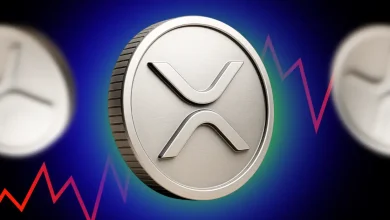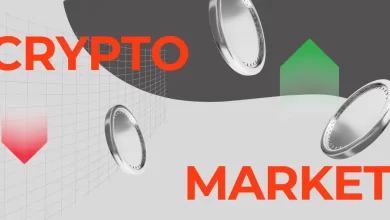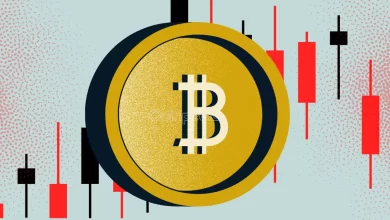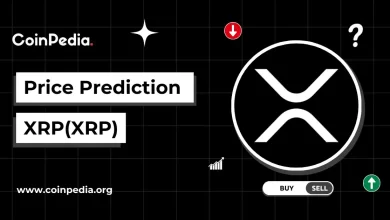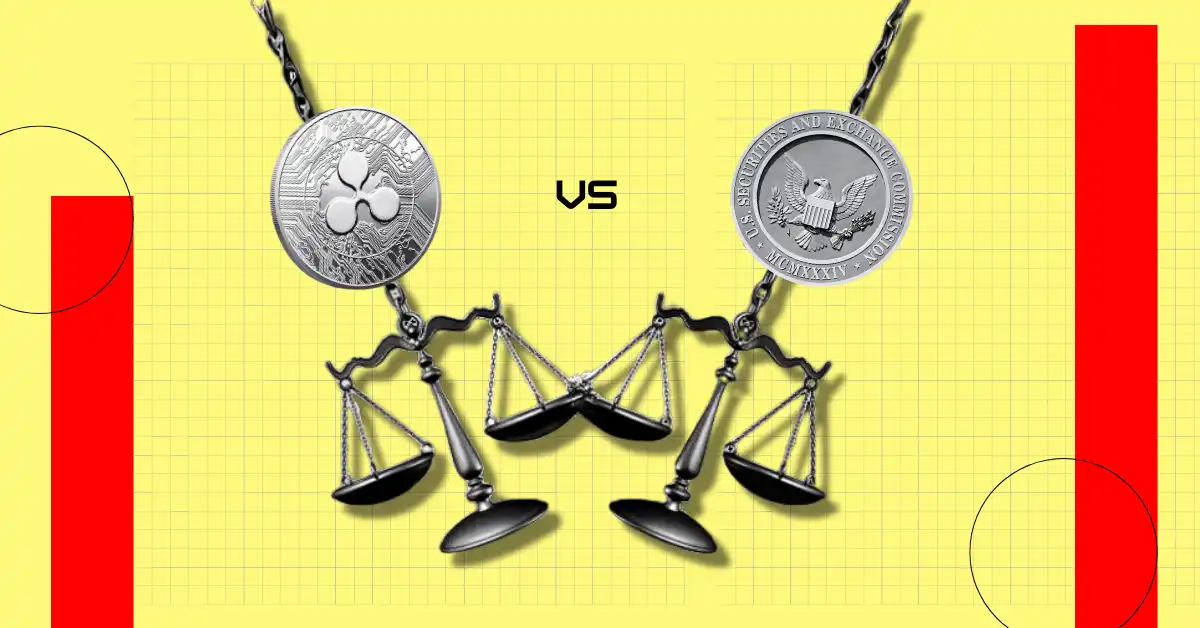
Ripple argues financial information isn't relevant in SEC case and should stay confidential to protect business.
Ripple disputes SEC's request for $2 billion in fines, claiming they only owe $10 million.
Case is in the remedies stage, and the outcome of this motion could impact how confidential business data is handled in court.
It’s another day in the Ripple vs. SEC case, and it continues to get more and more complex and hard to predict. With Ripple’s new reply to save its business integrity, it’s getting tough to see an end soon.
Recently, Ripple filed a new response to the SEC’s motion to seal documents, raising the stakes and promising a fight for both its business integrity and its financial privacy.
What does this mean for Ripple and the future of XRP? Read on to find out!
Ripple’s Latest Defense
In its latest filing, Ripple addresses several of the SEC’s arguments, particularly disputing the relevance of Ripple’s financial condition to the court’s decision on penalties. The SEC argues that Ripple’s current financial status is crucial for determining appropriate penalties for past actions.
However, Ripple contends that this claim is irrelevant since it has never suggested an inability to pay potential fines, making the SEC’s argument baseless.
Disputing the Penalties
The SEC is demanding $2 billion in fines and a final judgment, while Ripple insists it only owes $10 million in civil penalties. Historically, courts rarely grant such large initial requests, usually awarding much smaller amounts.
Ripple argues that disclosing its confidential financial information could harm its business interests, as the terms of its past contracts are highly sensitive and could be exploited by future business partners if made public.
The Need for Confidentiality
Since, the details include Ripple’s existing assets (penalty amount), recent sales (injunctive relief and fines), revenues & costs (disgorgement), and institutional investor discounts (investor harm). Hence, Ripple insists that these details should remain sealed to protect its competitive position.
Ripple also counters the SEC’s claim about the relevance of its past contracts, noting that the court has already ruled that XRP is not a security. This ruling separates the sale of XRP from the sale of investment contracts, a key point in Ripple’s defense. Ripple argues that the amount of XRP sold does not correspond with the price of the investment contracts, as outlined in the court’s summary judgment order.
Ripple urges the court to approve its specific request to seal confidential information, arguing that protecting its sensitive financial data is crucial and justified.
Also Read: Is the Ripple vs SEC Lawsuit Holding XRP Price Back?
What do you think? Should Ripple be forced to disclose its financial information?


